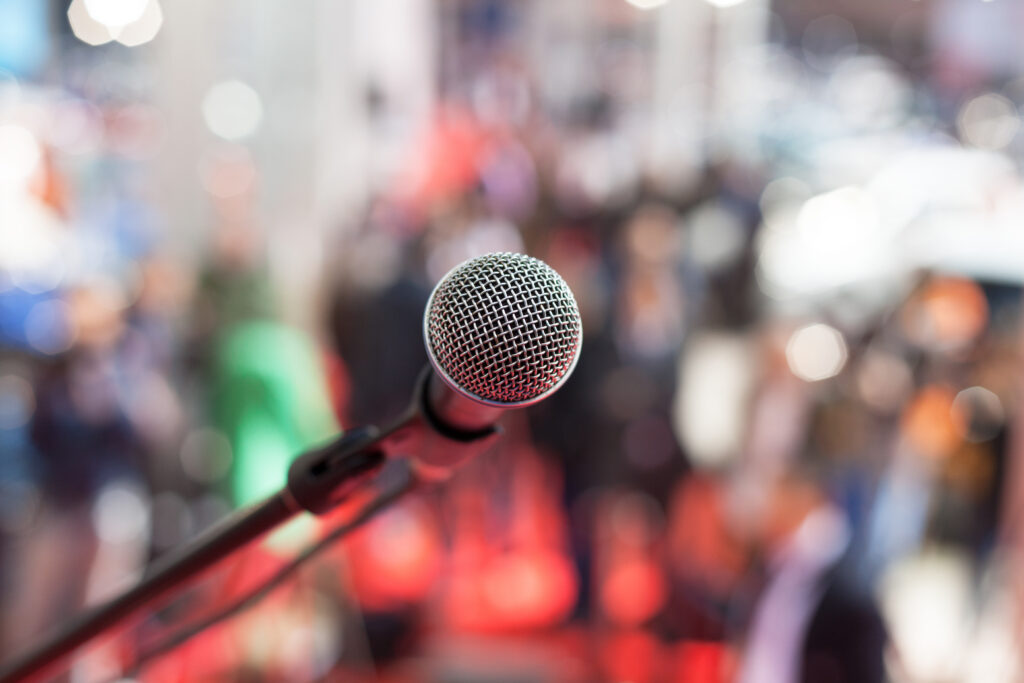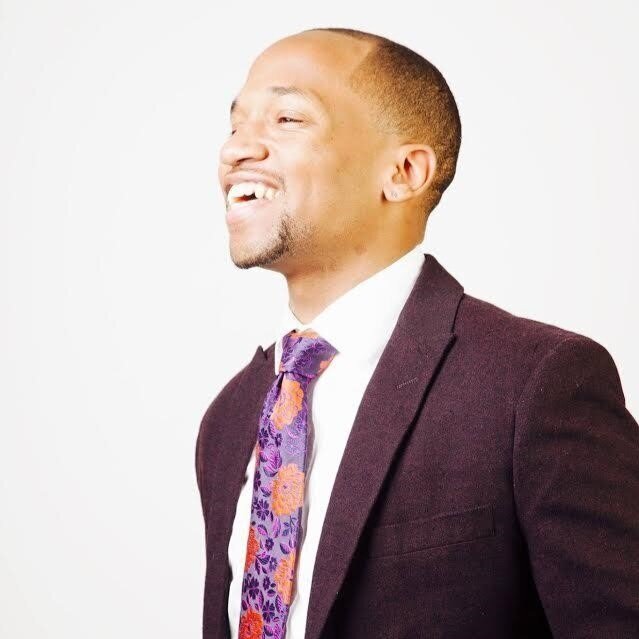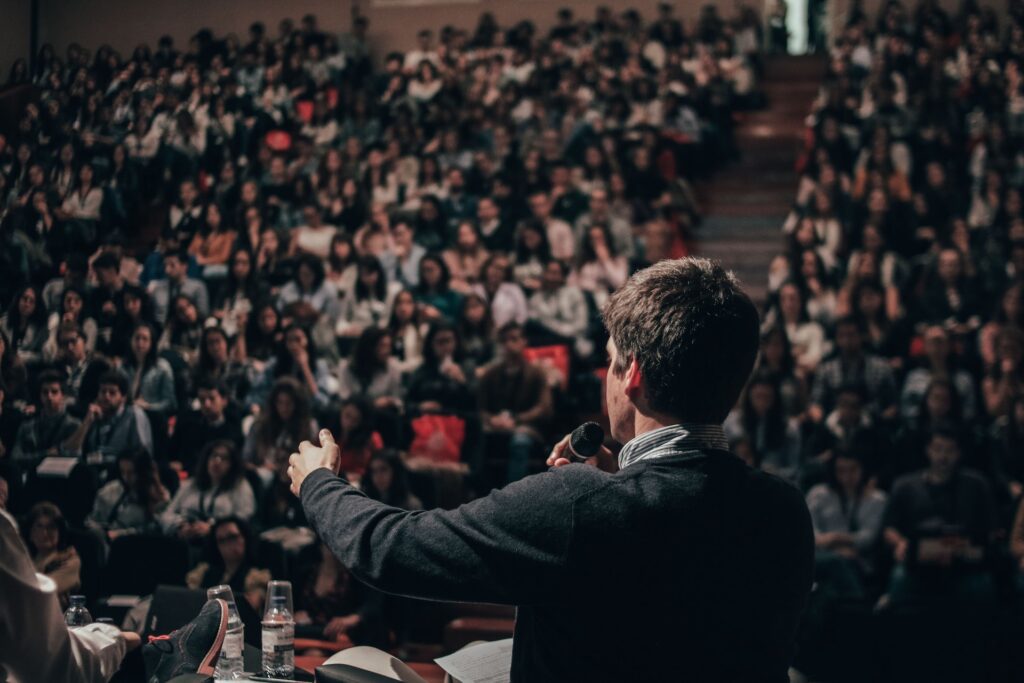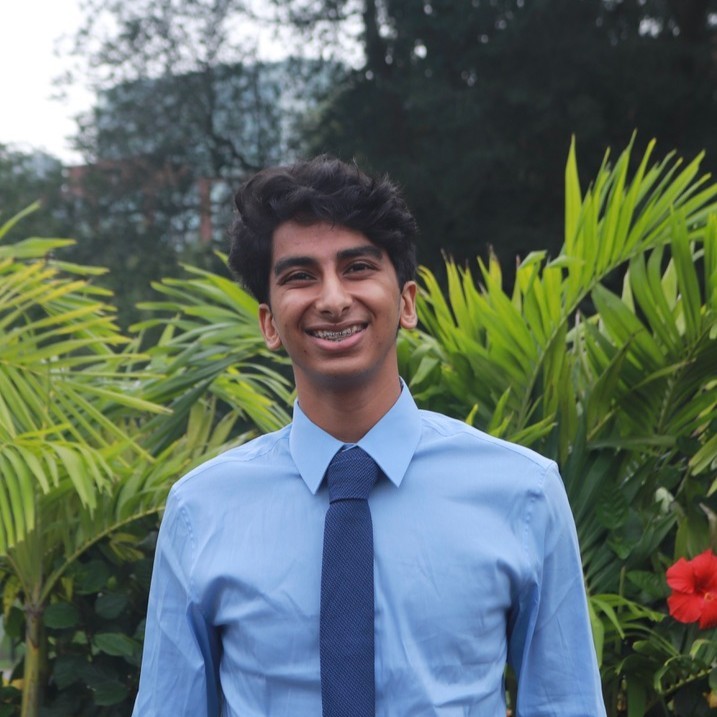Forensics Team Scores Big Wins in Off-Broadway Swing Tournament

Written by Emerson Today Correspondent Melissa Russell
Victory!
The Emerson College Forensics Team crushed the competition at a recent debate tournament in New York, garnering their first overall team victory since the arrival of coach Deion Hawkins in 2019.
The team of three won 20 of 21 rounds, earned the highest team point total, and placed first, second, and fourth individually in International Public Debate at Hofstra University’s Off-Broadway Swing Forensics Tournament in December. The event drew about 120 competitors from 15 colleges in nine states, according to Trent Webb, director of forensics at Hofstra University.
Senior Journalism major Jacob Blumenthal ’23 won the Best Speaker Award for the entire tournament. The team also included August Fowle ’24, a senior Communication Studies major, and Aayush Bajpai ’23 , a senior Political Communications major competing in what was only his third tournament, who placed first in International Public Debate bracket.
Hawkins—recipient of Emerson’s Outstanding Teacher Award for 2022 and a nationally recognized speech and debate coach—said coming out of the pandemic and putting together a team, “let alone a high-quality debate team, was difficult, but out of that came these three individuals, and this one team to take the tournament.”

He further explained that a top debater must have confidence, flexibility, adaptability, critical thinking skills, accountability, and reflection. “The last part is important because you can only grow as a debater if you are willing to reflect and acknowledge the flaws,” Hawkins said.
Reflecting on his team with a coach’s understanding and admiration, Hawkins added that Blumenthal is “fearless,” and debates “as an intellectual activity,” and Fowle is “intentional, thoughtful, and calculating.” He characterized Bajpai as “incredibly charming,” adding “charm and confidence is something you can’t teach.”
“Aayush came on during COVID, and is the perfect example of someone who persevered,” Hawkins said.
Impacts of COVID-19
The team members all came out of a larger, more experienced group that had been actively debating before the COVID-19 pandemic pushed debate competitions, like most everything else during that time, to virtual gatherings.
“Like many other things, a Zoom alternative is doable, but nothing like the real thing,” Hawkins said.
The regular forensics meetings provided a much-needed escape from isolation during COVID-19 lockdowns.
“The students said debate was what they found peace in,” Hawkins said. “The three [Blumenthal, Fowle and Bajpai] were the three who persevered. It was something they wanted to dedicate a lot of time and energy to. They were finally able to see their work pay off.”
What happens at a forensics tournament?
Ahead of the tournament, team members conduct full practice rounds each week, preparing various argument styles for any potential topic. For example, Hawkins said, “If the resolution is ‘climate change is a bigger threat than student loan debt,’ we both may have affirmative, but what we argue and how we argue the points would be drastically different.”
On tournament day, students have absolutely no idea what they will be called upon to debate. They are pre-assigned a side, affirmative or negative, and are presented with five topics. The two opposing debaters take turns removing the topic they don’t want, until they end up with one resolution. Then the clock starts ticking: They have 30 minutes to research the topic and prepare their arguments.
This leads to a lot of speed Googling, Bajpai said.
“Different debaters have different processes. You have 30 minutes to research, write down arguments and statistics, then you get ready to speak.”

The tight time limit “can definitely be intimidating,” Bajpai said, “especially early on when you don’t have a game plan on how to debate. What do I even say? How do I tackle this? Deion’s coaching really helped with this.”
Some of the topics debated at the Hofstra tournament included, “Is space exploration still worth it?” “The United States federal government should mandate universal preschool,” “Biden’s energy policy has done more harm than good,” and “Freedom of speech is under siege.”
After four preliminary rounds, the debaters with the best records advance to the next round.

Bajpai’s topic for International Public Debate was “Build bridges, not walls,” in which he argued the affirmative.
“Being able to absorb information quickly is very important,” he said.
Hawkins said Bajpai was so excited for his team members’ successes he didn’t realize he had won the top prize.
“I was convinced I lost all my rounds,” Bajpai said. “I was incredibly excited to learn I won all of them. I think the biggest excitement is pitting your intellect and speaking ability against someone else’s. It is a validating experience to learn a topic so well that you won an argument in 30 minutes.”
Trent Webb lauded Hawkins, stating his coaching was “nothing short of brilliant.”
“It is a tribute to just how well he knows how to effectively engage students and skills necessary to be successful at debate – sustaining reasoned arguments, engaging in inductive and deductive reasoning and critical thinking skills. Deion is one of the best out there,” he said, adding, “Emerson has set forth a reputation of excellence and expectation. That’s not easy to do.”
Categories